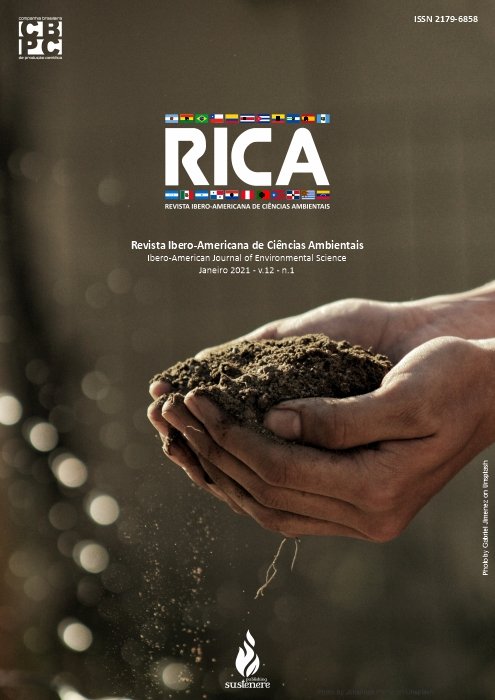Closed fishing season law a positive instrument to minimize illegal fishing of the remaining stock of Arapaima sp. In the Brazilian Amazon
DOI:
https://doi.org/10.6008/CBPC2179-6858.2021.001.0039Keywords:
Pirarucu, Fisheries, Fishery resourcesAbstract
The increasing demand for fish on a global level has caused an intensification of fishing and, as a consequence, overfishing of fish stock. The pirarucu (Arapaima sp.) is no exception since it is a highly appreciated fish species in the Amazon region, and the growth in fishing activities of this species was responsible for its inclusion in the International Union for Conservation of Nature's red list of Threatened species (IUNC). The current study assessed illegal fishing of pirarucu in the Brazilian Amazon, for the periods preceding and following the implementation of the Closed Fishing Season Law (CFSL), and was carried out using the analysis of data issued by the Brazilian Institute of the Environment and Renewable Natural Resources (IBAMA) Agency for the Brazilian Amazon, from January 1992 to December 2017. A total of 1,829 metric tons of pirarucu were confiscated, and of this amount, 78.13% corresponded to fiscalization which occurred in the basins of the Solimões and Negro rivers. The mean rates in the 26 years of confiscation of illegally fished pirarucu proved that before the implantation of the CFSL, the illegal fishing of this specie was intense, whereas after the implementation of this law, there was a significant reduction in the number of confiscations. The implementation of the CFSL combined with other restrictive procedures (fishing agreements and inspections) regarding pirarucu fishing has inhibited the illegal fishing of the species. However, in order to maintain this resource, government fishing management policies need to be aware of the need for the preservation of natural renewable resources (fish and their habitats) and the interaction between them, while also considering social and economic development in the region.
Downloads
Downloads
Published
Issue
Section
License
The CBPC - Companhia Brasileira de Produção Científica (Brazil CNPJ: 11.221.422/0001-03) the material rights of the published works. The rights relate to the publication of the work anywhere in the world, including rights to renewals, expansions and dissemination of the contribution, as well as other subsidiary rights. All electronically published works may subsequently be published in printed collections under the coordination of this company and / or its partners. The authors preserve the copyright, but are not allowed to publish the contribution in another medium, printed or digital, in Portuguese or in translation.









